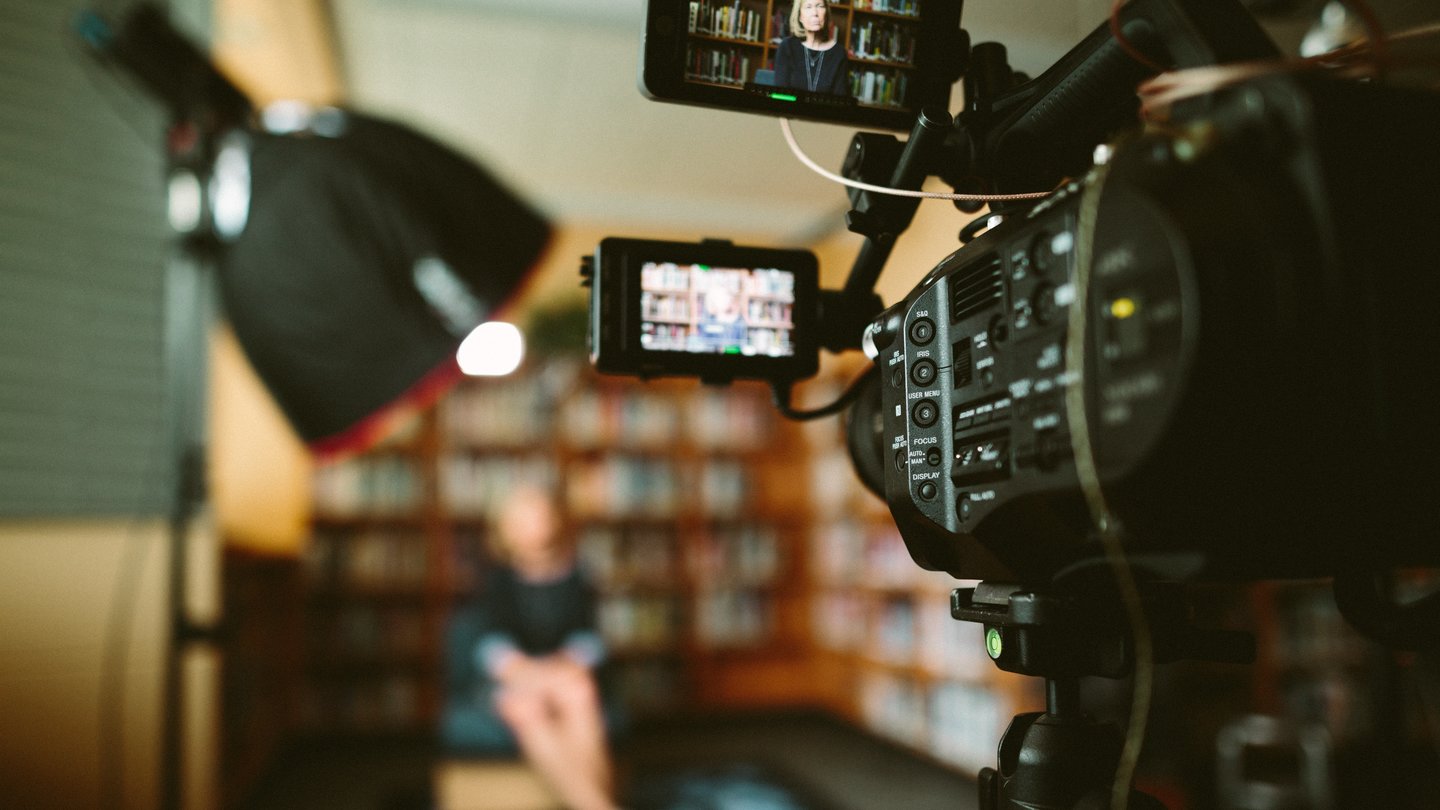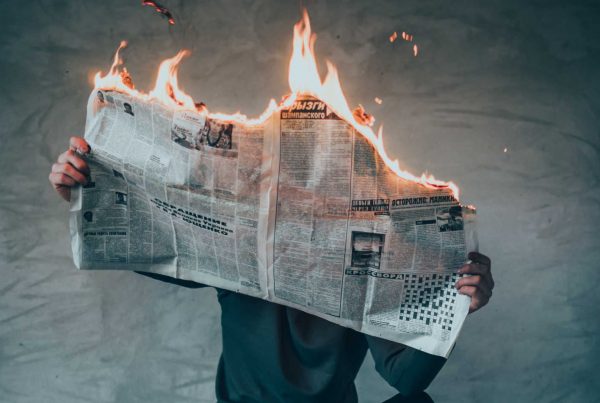When I left 60 Minutes to be a public relations adviser I can remember being genuinely surprised at how scared people were of journalists. I had thought only the bad guys were worried. My shock was the good guys are too!
It’s one of the aspects of Public Relations I still find a bit weird.
Remember, journalists are only a stepping stone to the public, and so while they may harp on sensational angles and dive into apparently irrelevant corners on a topic, they are only reflecting what they think their audience wants to read. So if you are, in the public’s opinion, running a good company, or doing good work, and have the right values, that’s the way ‘your story’ will be written, eventually.
That’s mostly why Richard Branson, and a host of others, get good media over the long term. The public accepts that he is generally heading in the right direction. More locally it’s also why Bob Hawke and John Howard are admired by most.
So I say to CEOs wrestling with to-do or not-do media or social media engagement, go for it.
But I also counsel, be smart about it. The unethical and inaccurate journalists mess it up for the rest. No-one wants to be misquoted or to participate in a mistake-ridden story, so sometimes it’s better to say, “No thanks”.
Here is a way to mitigate against bad outcomes.
Public Relations: 7 questions to ask a journalist
Don’t be fearful about asking these questions, others do it all the time. Also, you may need to discuss the proposed story with others in your organisation, and it will help to have this information. And if the journalist arcs up about it simply say something truthful like, “I need to get an idea of where you are heading with this story, so I can better prepare, is that OK?”.
(BTW, if journos do arc up about these questions they are shooting themselves in the foot, because they too benefit if you are better prepared)
What we are trying to do with these questions is:
- Find out what the story is about, so we can decide whether or not to participate.
- Find out if it’s risky to deal with this particular journalist.
1. What is the story?
It’s not a silly question. For instance, if you are holding an event to promote guide dogs for the blind, is the story about dogs, or blindness, or the finances of the charity?
2. What’s the angle?
If it’s about the dogs, it might be a soft story about their loyalty to blind owners, or the cost of training them, or cruelty. You need to dig a bit deep here, so ask a number of questions to get the theme of the story. How will my dog (and I) be portrayed? Is it positive or negative towards me, or the Guide Dogs? Am I going to like the story? What do you think the headline will be? Is there a photo; what is it? What is your personal view?
(review the exchange during the conversation: are you developing a trust for the journalist at this point, or does it sound sus.? )
3. Who else is appearing in the story, and what are they saying?
This is really important. For instance, if the other people in the story are blind people and their carers you’ll get one story, or, if they are animal activists against dogs being forced into this work… Mostly it won’t be that extreme but you get the point.
(by now you should have a good idea of what the story will look like, or, how much the journalist is refusing to impart. Valuable info.)
4. What are the areas of questions for me?
Obvious
5. What’s the deadline?
Pretty obvious. How much time do I have to prepare?
6. When is it going to appear?
Also pretty obvious, but sometimes there may be another relevant event occurring before the story is published, if it’s in a week or so, which may change or add to what you want to say. Plus, you will want to warn people.
7. How long is it?
How long is the story and how long is the interview. A 200 word written piece is a vastly different proposition to a 2,000 word piece.
That’s it. You’ve covered the basics.
Now you can hang up and review, Am I better off in or out of this story?





